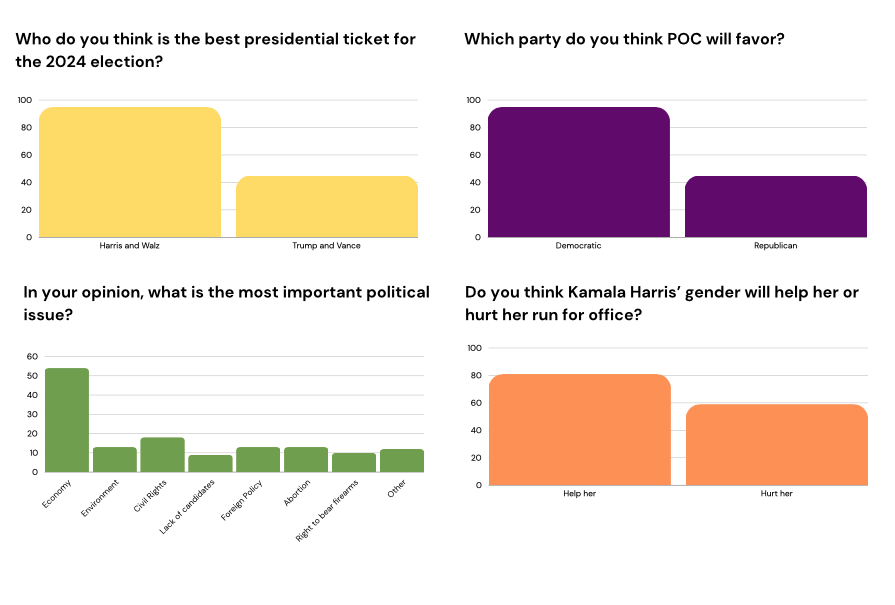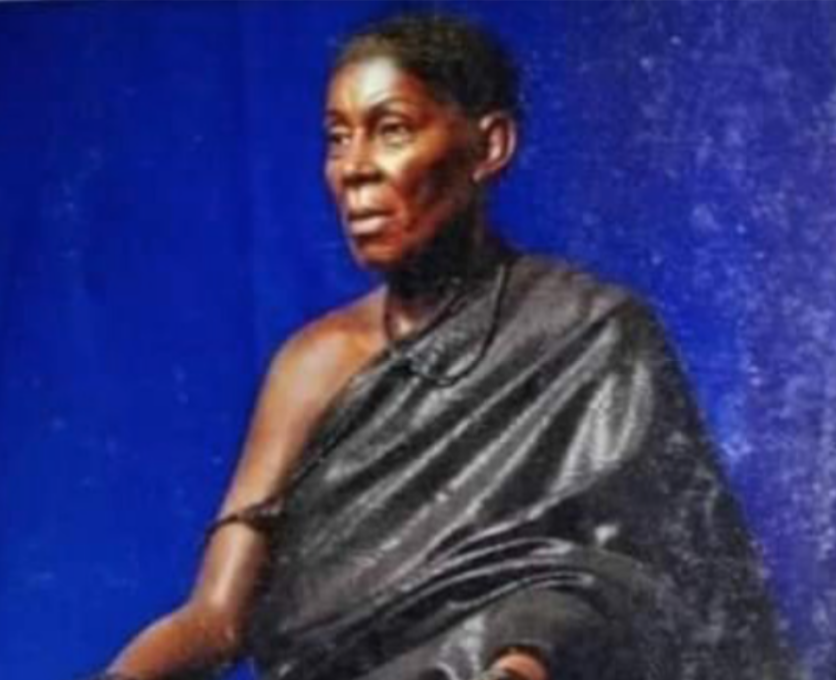Let us acknowledge the main event of March’s act. Women’s History Month began in 1978 as a one-time thing. However, February 1980 was the year the first proclamation was issued, commemorating Women’s History for the week of March 2 to 7. In 1981 President Ronald Reagan heavily promoted the cause and as a result, facilitated its growth. Ceremonies and activities erupted throughout the United States like nature during spring. Eventually, in 1987, a non-profit organization called the NWHA (National Women’s History Alliance) petitioned for it to be the whole of March, as opposed to just a week. Ever since 1995, Women’s History has been annually celebrated in our third month of the year.
Impact on American History
The most crucial part of American History is undoubtedly the American Revolution. The founding fathers and many others fought for independence from tyrannical Great Britain. But the impact women had in the fight for freedom and independence is overshadowed when compared to the acknowledgment of others. The Daughters of Liberty was the female association that was formed in 1765 to protest the Stamp Act and later the Townshend Acts. It was also used as a term for women who identified themselves as fighting for liberty during the American Revolution. They boycotted British goods, injuring them economically. Women also supplied troops, acted as spies, tended to wounded soldiers, and worked at the military camps. Because the American rebels decided to boycott British goods such as textiles, they relied heavily on homespun. Homespun was homemade by women, serving also as a symbol of the Revolution. All of these actions were unheard of for m women to do back then.
The Asante Empire: Matriarchal Era
Yaa Asantewaa was born when industrialization and economic imperialism were on the rise. And with it came the Scramble for Africa. Asantewaa was the Warrior Queen of West Africa who led a siege on the British in a series of rebellions named the “War of the Golden Stool” after being nominated to be war leader by Regional Asante Kings. In fighting the wars, Asantewaa united her people and challenged traditional gender roles. However, she was captured and exiled until her death in 1921, leaving their territory to be annexed by Great Britain. But Asantewaa’s contribution was instrumental in achieving complete independence from the British in 1957, when they became present-day Ghana. Now there are schools, community centers, and museums dedicated to The Warrior Queen of Asante.





















